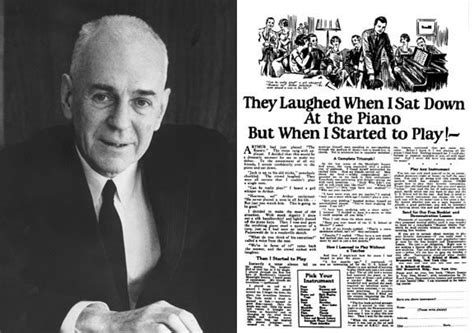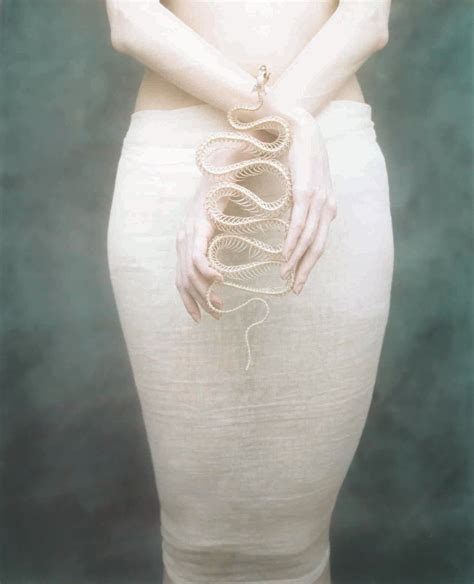A Quote by Douglas Brunt
Don't copy another writer's style, because that is not authentic, and that's how it will sound. You develop your style over your whole life and through countless influences. Don't impose something artificial.
Related Quotes
The basis of national identity is to say, "This is authentic to me or my forebears," and is there even such a thing? How authentic is it to your life? Just because your grandfather did it, what does that have to do with you? If I say I'm working in the style of Rembrandt, so what? You can say it, but are you really? No, because when you try to literally copy a cultural artifact, you change it. It dissolves, and then who's looking at it? People who appreciate that kind of drawing, or people it means nothing to?
A cultivated style would be like a mask. Everybody knows it's a mask, and sooner or later you must show yourself -- or at least, you show yourself as someone who could not afford to show himself, and so created something to hide behind. You do not create a style. You work, and develop yourself; your style is an emanation from your own being.
You might pick up some influences from another type of music that you wouldn't normally think of, but, you know, maybe as a guitar player, it will come out in your improvisational style, maybe as a song writer it might come out in your note choices, or in your melodic choices, and it just helps to making your music that much more original and unique.
The most durable thing in writing is style, and style is the most valuable investment a writer can make with his time. It pays off slowly, your agent will sneer at it, your publisher will misunderstand it, and it will take people you have never heard of to convince them by slow degrees that the writer who puts his individual mark on the way he writes will always pay off.
As a songwriter, you tend to develop your own style, your own technique, based around what it is you're trying to write and perform, in terms of your own music. So a way of evolving a guitar style as a songwriter is much easier, I think, than developing a true style of your own just from listening to music or playing other people's music.
In animation, you may be working with 20 writers, and everybody has to write the same thing. You can't have episodes that don't feel like they belong. In comics, you're gonna write a whole run, which means it's your style that's coming through. But when you're working on a show that's collaborated with a dozen other writers, you have to have a style that blends the show together. So you can't write it the way you normally would, because your script will stand out from all the others.
When a new writer defends his "style," the teacher smiles (or cringes) because real style isn't an artifice. Real style - voice - arrives on its own, as an extension of a writer's character. When style is done self-consciously and purposefully it becomes affectation, and as transparent as any affectation - an English accent on an old college chum from New Jersey, for example.





































